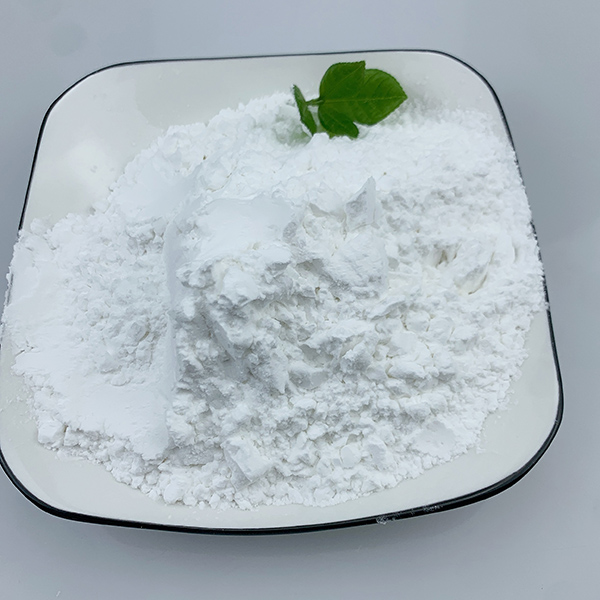Products Details
HU-210 is the (--) enantiomer of 11-OH-D 8-THC-DMH, which has almost all the activities of cannabinoids, while the (+) enantiomer, called HU-211, is inactive as a cannabinoid, but acts instead as a cannabinoid as an NMDA antagonist with neuroprotective effects. HU-210 may promote proliferation, but not differentiation, of cultured embryonic hippocampal neural stem cells and progenitor cells by activating CB 1 receptor, G i/o protein, and ERK signaling sequentially. This increased nerve growth also indicates the need for anti-anxiety and anti-depressive effects. Together with other synthetic cannabinoids, such as WIN 55,212-2 and JWH-133, HU-210 protects against inflammation caused by Alzheimer's disease-associated beta amyloid, in addition to preventing cognitive impairment and loss of neuronal markers. This anti-inflammatory effect is induced by the activation of cannabinoid receptors, which prevent the activation of inflammatory microglia cells. In addition, cannabinoids completely eliminated neurotoxicity associated with microglial cell activation in rat models. HU-210 is a potent painkiller that has many of the same effects as natural THC. The oral LD50 of HU-210 is 5,000mg/kg in rats and 14,200mg/kg in rabbits. The LDLO (lowest lethal dose) of HU-210 in humans is 143mg/kg. The LD50 of caffeine is estimated to be 150-200 mg/kg. Delta-8-THC LD50 has not been confirmed. In a 1973 study, monkeys and dogs given 9,000 mg/kg of Delta-8-THC were non-lethal.

 Email : salesexecutive1@yeah.netirements whatsapp: +8618931626169 wickr: lilywang
Email : salesexecutive1@yeah.netirements whatsapp: +8618931626169 wickr: lilywang
Bronopol Fungicide,
Non Benzodiazepines For Anxiety,
Food Additives Table,
Eco Friendly Pesticides,
Larocaine Powder,
Nitrazepam (CRM),
C151H228N42O47,
Cosmetic Raw Material List,
Tick Insecticide,
Organic Herbicides,


 Email : salesexecutive1@yeah.netirements whatsapp: +8618931626169 wickr: lilywang
Email : salesexecutive1@yeah.netirements whatsapp: +8618931626169 wickr: lilywang 

 Email : salesexecutive1@yeah.netirements whatsapp: +8618931626169 wickr: lilywang
Email : salesexecutive1@yeah.netirements whatsapp: +8618931626169 wickr: lilywang